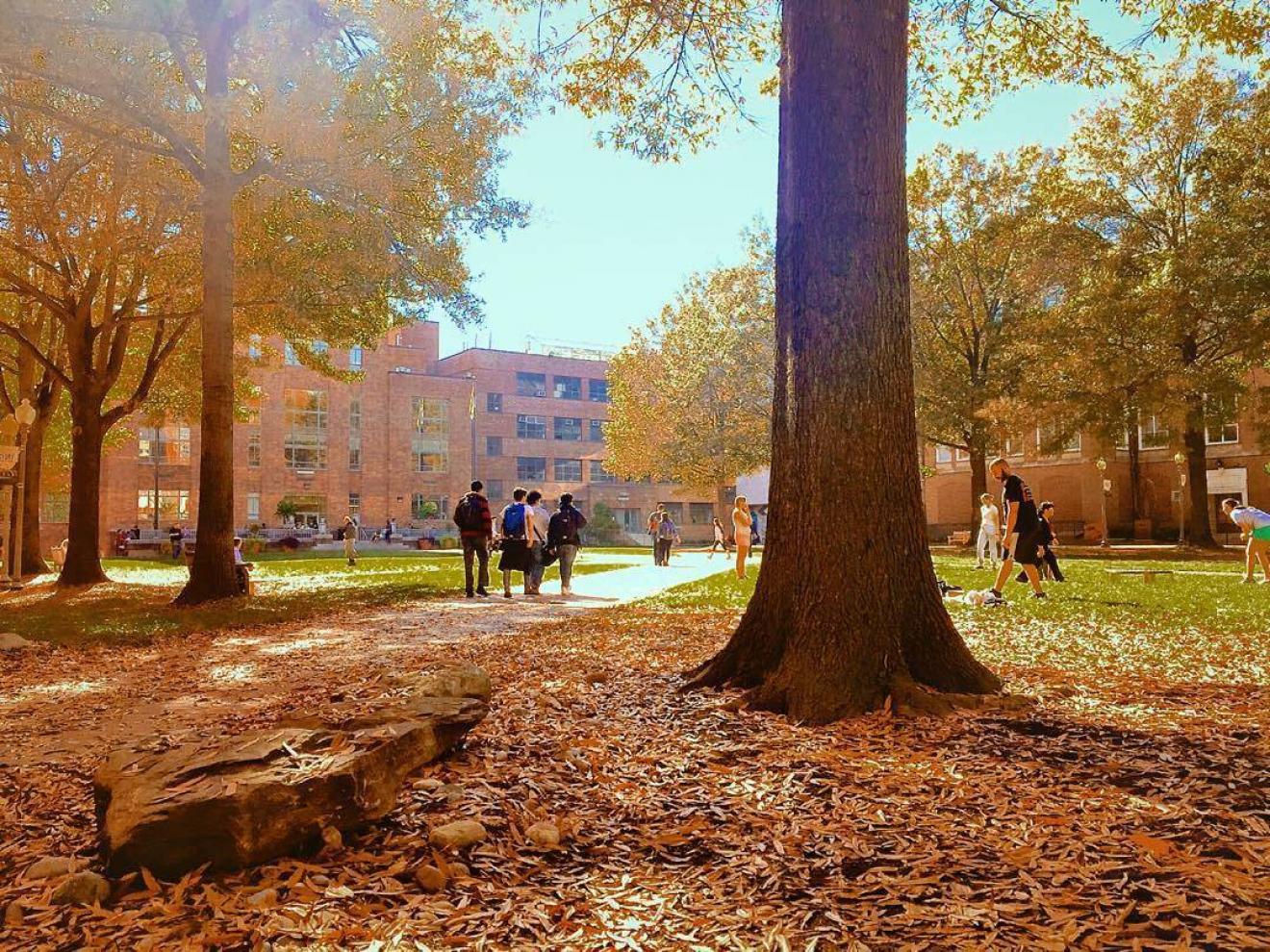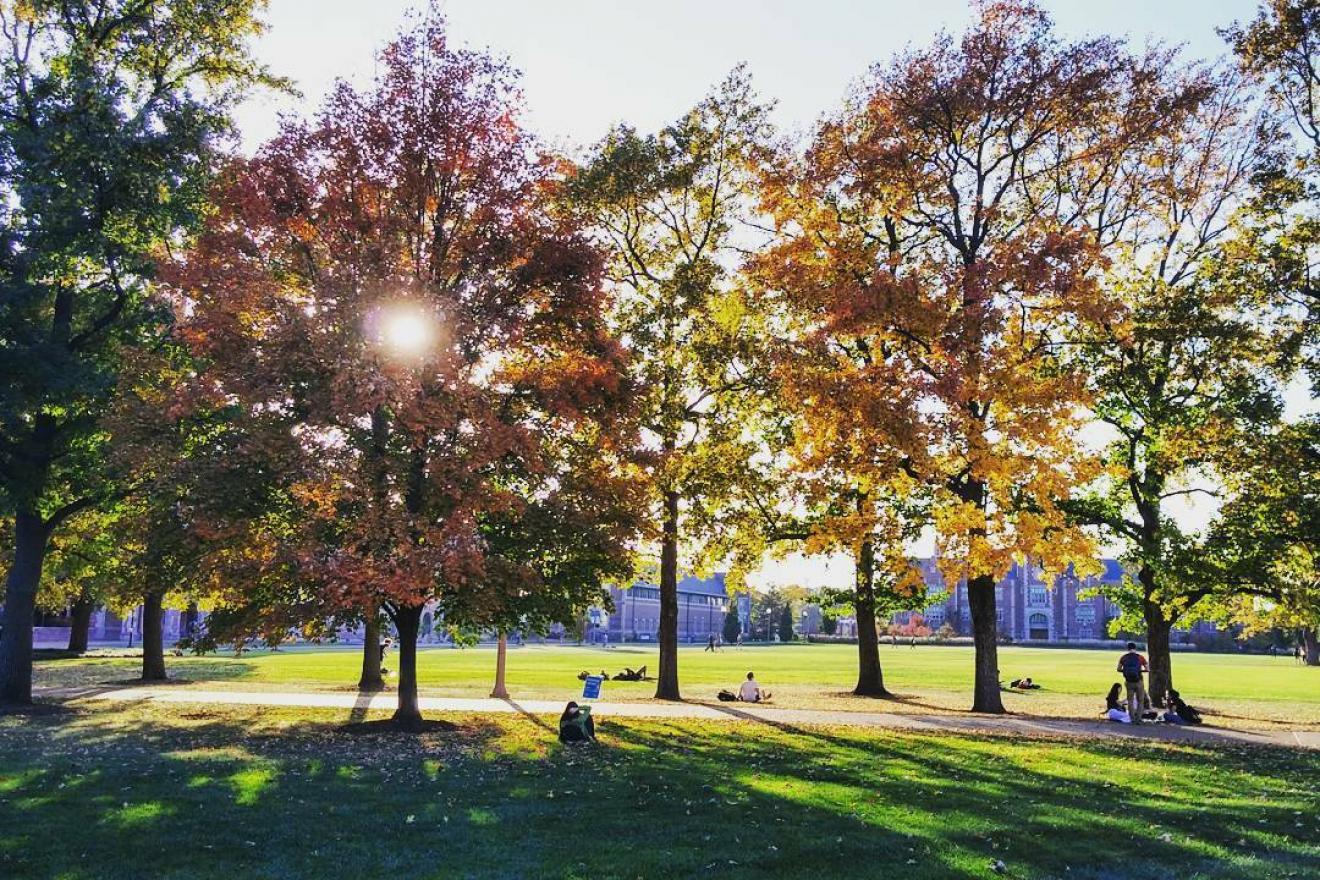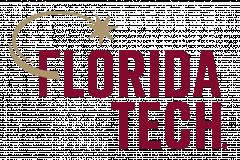Best Forensic Psychology colleges in the U.S. 2026
A forensic psychology degree teaches students to combine behavioral analysis and law to help with investigations, create programs at detention facilities, and provide recommendations for judges.
Day to day, forensic psychologists conduct research, analyze data, and assess individuals who are involved in the legal system. In many cases, forensic psychologists work with victims of crimes or convicted criminals currently serving time.
Forensic psychology was popularized by TV shows and movies, and the role today is quickly growing. According to the Bureau of Labor Statistics (BLS), all psychologist roles are projected to grow by 6% between 2021 to 2031. The BLS also reports that psychologists earn a median salary of $81,040 with the top 10% earning more than $133,890.
Forensic psychology is a relatively new but growing field, and those who want to pursue a career in this field must earn a forensic psychology degree. In most cases, forensic psychologists must also earn a graduate degree, such as a PhD in psychology or a PsyD, to qualify for a role. The best forensic psychology schools more than adequately prepare graduates for a career in the fast-changing, growing field of forensic psychology.
Click Here to See the Best Colleges in the USBest Forensic Psychology colleges in the U.S. for 2026
The University of Denver’s Forensic Psychology program prepares students that would like to apply the principles of psychology to interviews and mental assessments in the criminal justice sector. This program includes courses that teach students how to assess, communicate with, and structure sessions with eyewitnesses, police officers, and defendants. Classes are available both in-person and remotely, though some required courses may include in-person instruction at police precincts in the Denver metro. Students at the University of Denver are also encouraged to observe practicing forensic psychologists to further their professional experience before graduation.
University of California-Irvine offers 1 Forensic Psychology degree programs. It's a very large, public, four-year university in a large city. In 2023, 56 Forensic Psychology students graduated with students earning 56 Master's degrees.

The Forensic Psychology program at George Washington University provides a foundation for undergraduate students who want to become involved in assessing perpetrators and victims of crimes from a psychological perspective. Students interested in exploring this major learn how to observe suspects and structure interview sessions, and it is common for undergraduates to complete an on or off-campus internship at a police department or private investigator locally in the Washington D.C. metro, which helps many students develop professional relationships and references for when they graduate.

Washington University St. Louis has a forensic psychology program that emphasizes courses in psychology and mental health disorders and is structured to prepare students for professional roles upon completion of their bachelor’s. This program is to be completed in four years and provides students with a range of local internship opportunities in the St. Louis metro, along with seminars to provide professional observation and guidance before entering the workforce.

For students interested in pursuing a forensic psychology degree in New York City, CUNY’s John Jay College of Criminal Justice offers a competitive track with ample professional observation opportunities at local precincts and jails in the New York metro area. Undergraduates are advised to apply to internships during their degree program and in summer breaks to gain hands-on experience that will be invaluable when they apply for professional roles post-graduation.
The Forensic Psychology program at the University of North Dakota offers classes geared toward students preparing to enter into the field as a psychologist, therapist, or parole officer. In the classroom, students have opportunities to study mental illness, complete observational labs with local law enforcement, and attend off-campus internships at private practices.
The Florida Institute of Technology offers undergraduates the opportunity to enroll in their forensic psychology program, which is the first step for students interested in working with police departments and investigators to interview and assess suspects, victims, and fellow officers. It is common for students to take classes in psychology and mental disorders as an introduction to the broader field, along with hands-on labs to familiarize themselves with the rules for interaction and communication in a legal capacity. FIT offers a four-year path with opportunities to apply to internships at schools locally in the Orlando metro area to gain real-world experience.
Kean University offers a Bachelor’s Degree in Forensic Psychology program for students in New Jersey that have an interest in working with law enforcement to psychologically assess suspects, victims, and police officers at a crime scene. Courses that contribute to this program include mental development, psychological analysis, and ethics. Graduates should be aware Kean has a large network locally to assist recent graduates in post-graduation job placement.
CUNY Graduate School and University Center offers 3 Forensic Psychology degree programs. It's a medium sized, public, four-year university in a large city. In 2023, 7 Forensic Psychology students graduated with students earning 4 Master's degrees, and 3 Doctoral degrees.
Oklahoma State University-Main Campus offers 2 Forensic Psychology degree programs. It's a very large, public, four-year university in a faraway town. In 2023, 8 Forensic Psychology students graduated with students earning 8 Certificates.
Find local colleges with Forensic Psychology majors in the U.S.
What is Forensic Psychology?
Popular crime shows have brought forensics and forensic psychology into the spotlight in recent years. The word forensic is derived from the Latin word forensis or forum which is where ancient Romans held their courts of law, and many people today show interest in the field of forensic psychology.
A career in forensic psychology shows promise, too, with a projected 6% job growth rate between 2021-2031 with a median pay of around $81,040.
In order to specialize and be employed as a licensed forensic psychologist, you need to first obtain a PhD or doctor of psychology (PsyD) degree and spend two years in an internship gaining supervised experience.
Forensic psychologists may also become board certified through the American Board of Forensic Psychology.
Forensic Psychology Degree Overview
Although there are many careers in forensic psychology that only require a master’s degree, becoming a licensed forensic psychologist requires a PhD or doctor of psychology degree (PsyD).
To be accepted into a PhD or doctorate program, you must first obtain a bachelor’s degree, which doesn’t have to be in psychology.
Some programs require a master’s degree, and others offer a combined degree program that results in both a master’s and doctorate degree.
Courses in Undergraduate Forensic Psychology Programs
There are a vast array of psychology courses offered in an undergraduate program that include both core curriculum classes and specialty courses that are geared toward your interests. If you plan to focus on forensic psychology, you can expect to take the following types of classes:
- Abnormal Psychology
- Behavioral Psychology
- Biological Psychology
- Cognitive Psychology
- Criminal Law
- Criminology
- Developmental Psychology
- Intro to Psychology
- Psychology Seminar
- Social Psychology
- Statistical Methods
Bachelor's Degree in Forensic Psychology
The minimum admission requirements to get into a bachelor’s of psychology degree program typically include:
- High school diploma or GED
- High school transcripts
- A minimum GPA (varies by school)
- 2-5 letters of recommendation
- Writing sample/essay
- ACT/SAT standardized test scores
Graduation Requirements
A bachelor’s degree in psychology requires about ~120 credit hours and usually takes about four years to complete depending on whether you attend full-time, part-time, online, or on campus.
Some programs may require a culminating experience paper/project or internship hours to graduate.
Skills Learned
While working towards your bachelor's degree, you will learn many essential skills including:
- Social development
- Interpersonal effectiveness
- Critical thinking
- Collaboration
- Effective oral and written communication
How Long Does it Take to Get a Forensic Psychology Bachelor’s Degree?
Online bachelor’s of psychology programs are becoming more abundant, and many schools allow online students to complete the degree on a part-time or full-time basis. The biggest benefits of online learning include:
- Flexibility and self-paced learning
- Better time management
- Improved virtual and communication and collaboration
- No commute
- Faster graduation times
- Ability to work from anywhere
- On average, an online bachelor’s degree in psychology usually takes about four years to complete.
However, this timeline is dependent on whether you study full-time or part-time, as well as previous education completed.
Bachelor’s degree programs in psychology typically require about 120 semester credits depending on your area of concentration and program modality.
Accelerated programs are also available and allow you to complete the program in under two years. However, these programs are fast-paced and rigorous.
Master's Degree in Forensic Psychology
Obtaining a Master’s Degree in Forensic Psychology can open up many opportunities to advance your career, salary, and expertise in the field.
Entry into a master’s program typically requires a bachelor’s degree, GRE score, letters of recommendation, official transcripts, and a written essay.
Courses in Graduate Forensic Psychology Programs
Course curriculum depends on the school and program you choose, but a sample of classes offered in a master’s of forensic psychology degree program usually includes:
- Advanced social psychology
- Assessment for forensic psychology
- Diversity psychology
- Eyewitness testimony and memory
- Psychology and law
How Long Does it Take to Get a Forensic Psychology Master’s Degree?
On average, a master’s degree in psychology program usually takes about two years to complete, though this timeline depends on:
- Whether you study online
- full-time or part-time learning
- Previous education
- Your specialization
- How long it takes to complete your thesis project
Master’s programs in psychology typically require about 40-semester credits depending on the area of concentration and program modality.
Doctoral Degree in Forensic Psychology
In order to specialize and be employed as a licensed forensic psychologist, you need to first obtain a PhD or doctor of psychology (PsyD) degree and spend two years in an internship gaining supervised experience. If you want to continue your education beyond a master’s degree and become a licensed forensic psychologist, then you will need to complete a PhD or doctorate of psychology degree program (PsyD), complete an internship, and also take a licensing and board certification exam.
Certification and Licensure in Forensic Psychology
Many careers in forensic psychology require a license or certification to practice or obtain a job. It is important to research requirements for your desired career path and choose a school, program, and specialty that prepare you to meet your career goals.
Oftentimes, forensic psychologists may become board certified through the American Board of Forensic Psychology. The specific license or certification required varies by state. Make sure to check your desired field’s requirements before you commit to a school or program.
What Can I Do with a Degree in Forensic Psychology?
A career in forensic psychology shows promise, with a projected 6% job growth rate between 2021-2031 with a median pay of around $81,040. Having a Bachelor's Degree in Psychology with an emphasis in forensic science makes you well suited for many entry-level positions in the legal field including:
- Forensic science technician
- Detective and criminal investigator
- Accountants and auditors
- Corrections or parole officer
Internships in Forensic Psychology
Psychology students usually complete an internship as part of a doctorate program. The internship allows you to gain hands-on, real-world experience in different aspects of criminal justice and legal settings.
A sample of internship placements for forensic psychology include:
- Prison internships
- Medical setting internships
- Government internships
- Research internships
Forensic Psychology Career Resources
Professional organizations are a great way to stay up-to-date on current psychology trends as well as a place to seek networking and educational opportunities. Here are a few options:
- American Psychological Association
- American Academy of Forensic Psychology
- American Board of Forensic Psychology
- Society for Police and Criminal Psychology
- American Academy of Forensic Science
Forensic Psychology Career Outlook and Salaries
| Career | Salary | Projected Job Growth (2021-2031) | About the Position |
| Forensic Scientist | $61,930 | 11% | Forensic science technicians help collect and analyze data evidence and data related to a crime scene. |
| Psychologist | $81,040 | 6% | Forensic psychologists seek to understand people’s thoughts, emotions, and behavior that pertain to a legal case. |
| Probation Officer | $60,250 | 0% | Probation officers provide social services and rehabilitation to people who have been in trouble with the law. |
| Police and Detectives | $66,020 | 3% | Police officers protect lives and property, while detectives focus on gathering facts, data, and evidence to help solve crimes. |
Earning an Online Forensic Psychology Degree
Online and hybrid bachelor’s of psychology programs are becoming more abundant, and accredited online forensic psychology degrees match the quality of their on-campus counterparts. The biggest benefits of online learning include:
- Flexibility and self-paced learning
- Better time management
- Improved virtual and communication and collaboration
- No commute
- Faster graduation times
- Ability to work from anywhere
Forensic psychology programs may also require an internship or work experience that will have to be completed in person.
Forensic Psychology FAQ
List of all Forensic Psychology colleges in the U.S.
| School | Average Tuition | Student Teacher Ratio | Enrolled Students | |
|---|---|---|---|---|

|
University of Denver Denver, CO | 17 : 1 | 13,387 | |

|
University of California-Irvine Irvine, CA | 25 : 1 | 36,582 | |

|
George Washington University Washington, DC | 23 : 1 | 25,568 | |

|
Washington University in St Louis Saint Louis, MO | 15 : 1 | 16,500 | |

|
CUNY John Jay College of Criminal Justice New York, NY | 33 : 1 | 13,510 | |
Article Sources
- https://abfp.com/about/
- https://www.bls.gov/ooh/life-physical-and-social-science/psychologists.htm
- https://www.apa.org/ed/precollege/psn/2013/09/forensic-psychology#:~:text=The%20practice%20of%20forensic%20psychology%20involves%20investigations%2C%20research%20studies%2C%20assessments,rea%E2%80%9D%20(insanity)%20cases.
- https://www.crimemuseum.org/crime-library/criminal-law/mens-rea/
- https://www.bls.gov/ooh/life-physical-and-social-science/forensic-science-technicians.htm
- https://www.bls.gov/ooh/life-physical-and-social-science/psychologists.htm
- https://www.bls.gov/ooh/community-and-social-service/probation-officers-and-correctional-treatment-specialists.htm
- https://www.bls.gov/ooh/protective-service/police-and-detectives.htm
- https://www.apa.org/
- https://aafpforensic.org/
- https://abfp.com/
- https://www.policepsychology.org/
- https://www.aafs.org/










